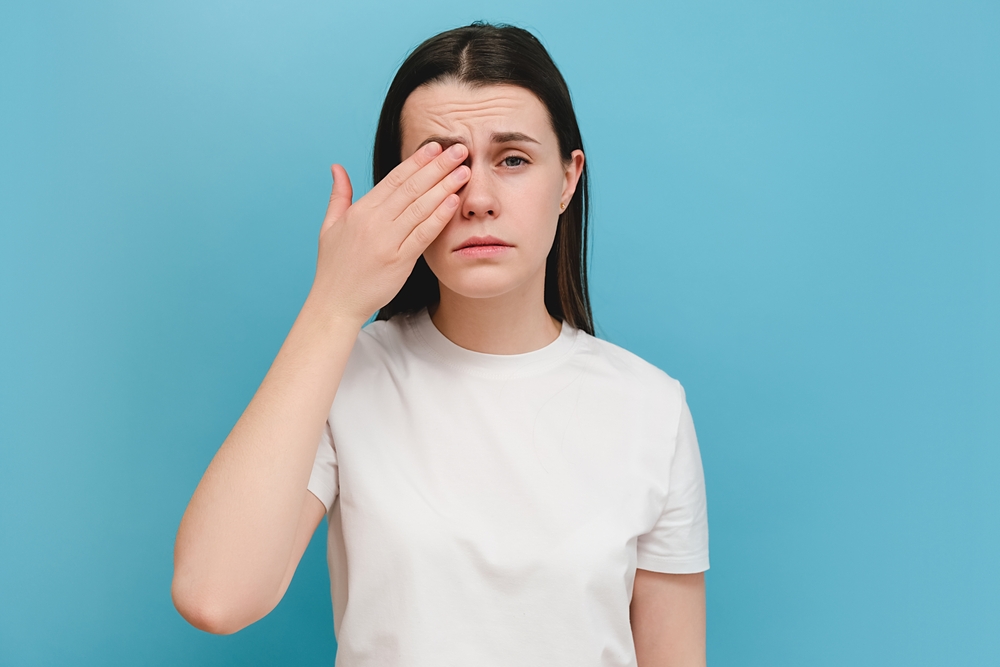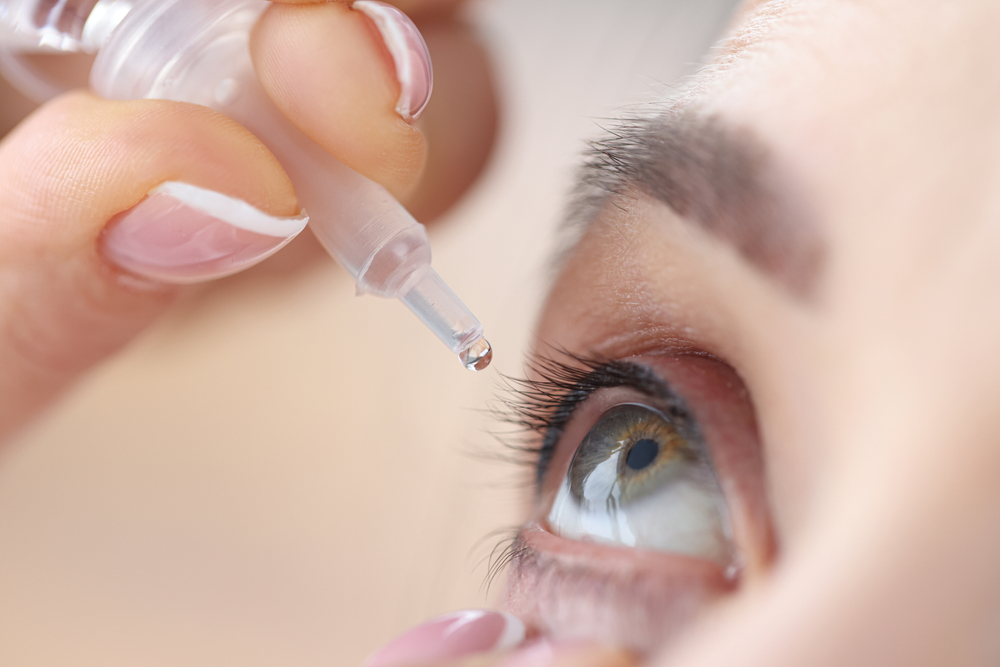How Do Eye Doctors Treat Dry Eye?
May 6, 2024
Dry eye syndrome is a common condition that affects millions of people worldwide. It occurs when the eyes don't produce enough tears or when the tears evaporate too quickly, leading to discomfort, irritation, and even vision problems.
If you're experiencing symptoms of dry eye, such as burning, itching, redness, or blurred vision, it's essential to seek help from an eye doctor. There are various ways eye doctors diagnose and treat dry eye syndrome, and they are dedicated to helping you find relief and maintain healthy, comfortable eyes.
From artificial tears to lifestyle changes, there are many effective approaches to managing this prevalent eye condition. Keep reading to learn more about how eye doctors can help you combat dry eye!
What Is Dry Eye?
Your eyes have a tear film, and each time you blink or shut your eyes, tears coat the eye's surface. Tears are vital as they keep the eye lubricated and help wash out any foreign particles that enter your eye.
Your eyes also have drainage ducts where excess tears can flush away. When this process is out of balance, it causes dry eye.
 Each component of the tear film—oil, water, and mucus—must be in appropriate balance for the surface of your eyes to be lubricated and healthy. Your eyes need adequate tear production to protect the cornea, which is the outermost, clear layer of your eye.
Each component of the tear film—oil, water, and mucus—must be in appropriate balance for the surface of your eyes to be lubricated and healthy. Your eyes need adequate tear production to protect the cornea, which is the outermost, clear layer of your eye.
When the tear lubrication process is out of balance, it can cause inflammation and even damage the surface of the eye. When this happens, you'll start to notice uncomfortable symptoms, including burning and itchiness.
What Are Common Dry Eye Symptoms?
While most people have experienced dry eye from time to time, it's still important to know the common signs and symptoms so you can get treatment if you need it.
Here are the most common symptoms of dry eye syndrome:
- A burning, painful sensations in your eyes
- Constant itchy or scratchy feelings
- Blurry vision
- Feeling like something is in your eye
- General irritation and redness
- Watery eyes
If you have dry eye syndrome, you might be surprised that your eyes can become watery. When your eyes aren't properly lubricated, they try to solve the problem by making more tears.
Sometimes, your eyes go overboard and produce too many tears, which leads to watery eyes. So, if you're experiencing increased tearing in combination with other symptoms, it may be due to dry eye.
What Are the Risk Factors For Dry Eye?
Many things can cause dry eye syndrome. Because there are many factors that can contribute to dry eye, the best way to figure out what's going on is to schedule an eye exam.
During your eye exam at Arlington Eye Center, your eye doctor will examine your eyes and take your medical history to find a solution.
Some common risk factors that increase your odds of developing dry eye include:
 Your Gender
Your Gender
While anyone can develop dry eye, women are more likely to have this eye condition. This is often due to hormonal fluctuations.
Your Age
Dry eyes are more common as people age, as the eyes may struggle to adapt. Other eye conditions and medications can also increase the risk.
Certain Medical Conditions
Certain medical conditions can also increase the risk of dry eye syndrome. If you have diabetes, arthritis, thyroid issues, or blepharitis, be aware that you're more likely to have dry eye syndrome.
Environmental Factors
The weather and other environmental factors can increase the likelihood of developing dry eye. Dry climates, wind, smoke, and seasonal allergies can impact tear film production and balance.
Regardless of the reasons for dry eye, there are effective treatment options that we provide at Arlington Eye Center. Let's learn more about them.
How Is Dry Eye Treated?
At Arlington Eye center, our eye doctors provide three main approaches to dry eye treatment. Depending on the severity of your symptoms, we can discuss these options with you and figure out a treatment plan.
Eye Drops: If your symptoms are minimal or more sporadic, over-the-counter eye drops are often effective enough to provide relief. 
Tear Conservation Treatment: If you have more severe symptoms, we offer tear conservation. This treatment plugs the tear ducts using something called a punctual plug. This keeps the tears in the eyes for longer to ensure they remain lubricated.
Tear Production Increase: Another option to treat dry eye syndrome is taking an omega-3 fatty acid supplement. This can help your body produce healthier tears over time.
Dry eye syndrome is often frustrating and can impact your quality of life. Our eye care team is
dedicated to treating the issue so you can relax and enjoy your day!
Schedule An Eye Exam Today!
During a comprehensive eye exam, our eye doctors will check your eyes to determine what is causing dry eye. They will also evaluate your vision and medical history to identify underlying risk factors.
From there, they will work with you to create an effective, efficient dry eye treatment.
Are you experiencing symptoms of dry eye? Schedule an appointment at Arlington Eye Center in Arlington, VA, today!



